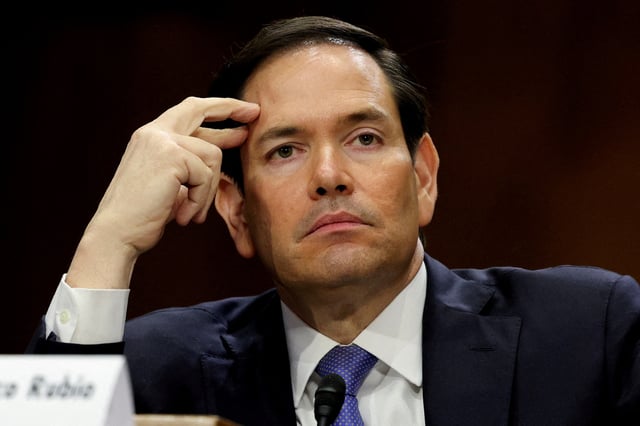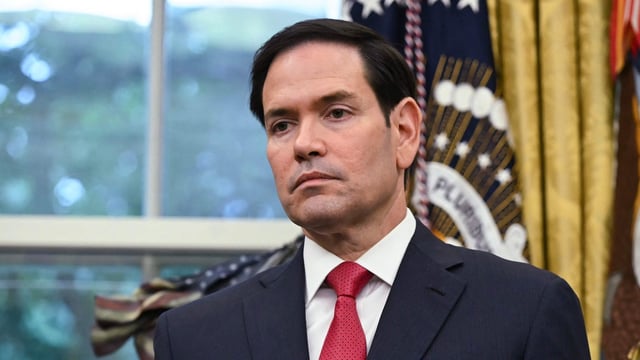Overview
- Since mid-June, an unknown actor has used AI-generated voice and text via Signal and SMS to pose as Secretary of State Marco Rubio and contact at least five senior officials.
- A July 3 internal cable warned that the fake Rubio account reached three foreign ministers, a U.S. governor and a member of Congress in an apparent bid for sensitive information or account access.
- Authorities believe the impersonator mimicked Rubio’s speech patterns and writing style to manipulate targets and establish trust before seeking credentials.
- State Department officials have launched a formal investigation, rolled out enhanced cybersecurity safeguards and directed diplomatic posts to flag any spoofed communications.
- The FBI continues to track AI-driven smishing and vishing schemes, underscoring its April warning about deepfake impersonation threats to senior U.S. officials.



